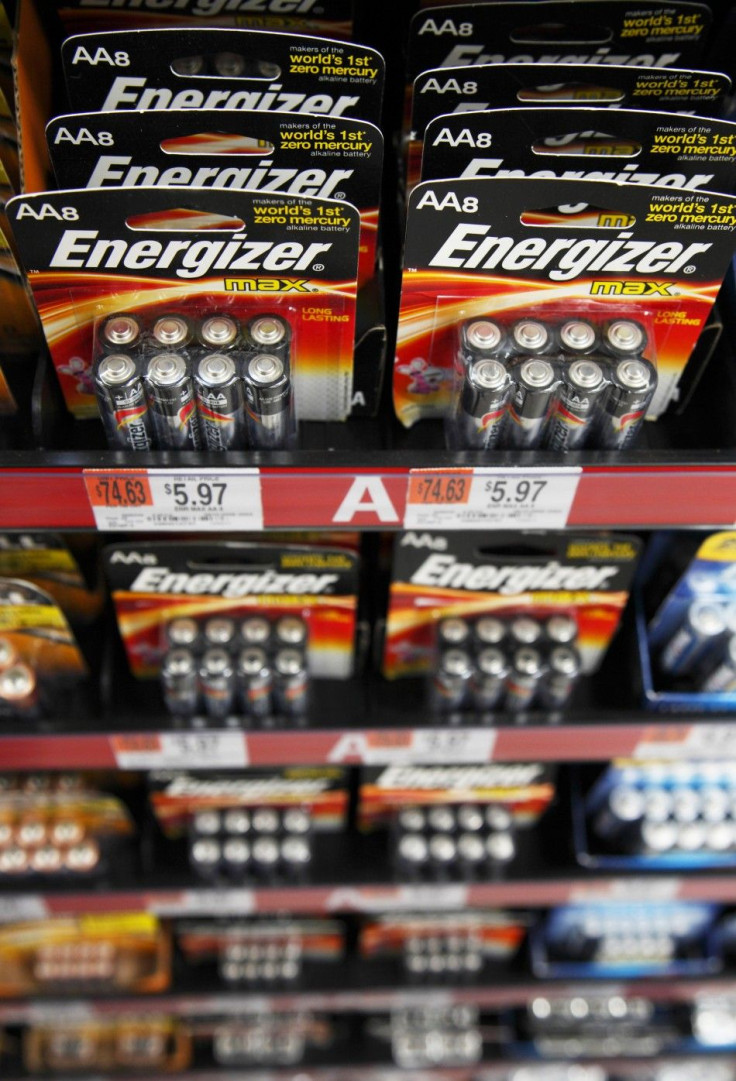Breakthrough in Battery Technology: Next Generation Smartphone Batteries to Last For More Than 20 Years With Ultra Fast Charging
Woes Linked To Battery Life Will Be Solved

A team at Nanyang Technological University in Singapore have developed a battery that can last for over 20 years on a single charge. If the battery runs out, it will take just two minutes to power it up once again. This is a breakthrough in the battery technology. This battery is an improvement of the traditional lithium-ion battery.
The method used in this technology is to replace the regular graphite used to make the anode in the lithium ion battery, and in its place the researchers have used a titanium dioxide gel. Titanium dioxide is an inexpensive substance that is found in plenty and is commonly known as Titania. This substance is good at storing lithium ions and is capable of electrical charge. Titania is used in sunscreens to protect the skin from UV rays. The team found a way to make this material into a nanostructure that will speed the charging process.
The team that is instrumental in developing this technology is very sure and confident about its future. This invention makes the traditional lithium ion battery charge over 20 times faster than it normally does and will last 20 times longer.
According to Associate Professor Chen Xiaodong of the Nanyang Technological University, with the nanotechnology, electric cars would be able to increase their range dramatically with just five minutes of charging, which is equal to the time needed to pump petrol for current cars.
He goes on to add that it is equally important that toxic waste generated by disposed batteries could be drastically cut down. With this new technology batteries can last ten times longer than the current generation of lithium ion batteries.
The research team is very confident that the technology will be ready for use within the next two years. There are many who have claimed to increase battery life in the past, if these claims are true we could be looking towards a bright future for the smartphone batteries. All the woes linked to battery life of a smartphone will be solved.




















